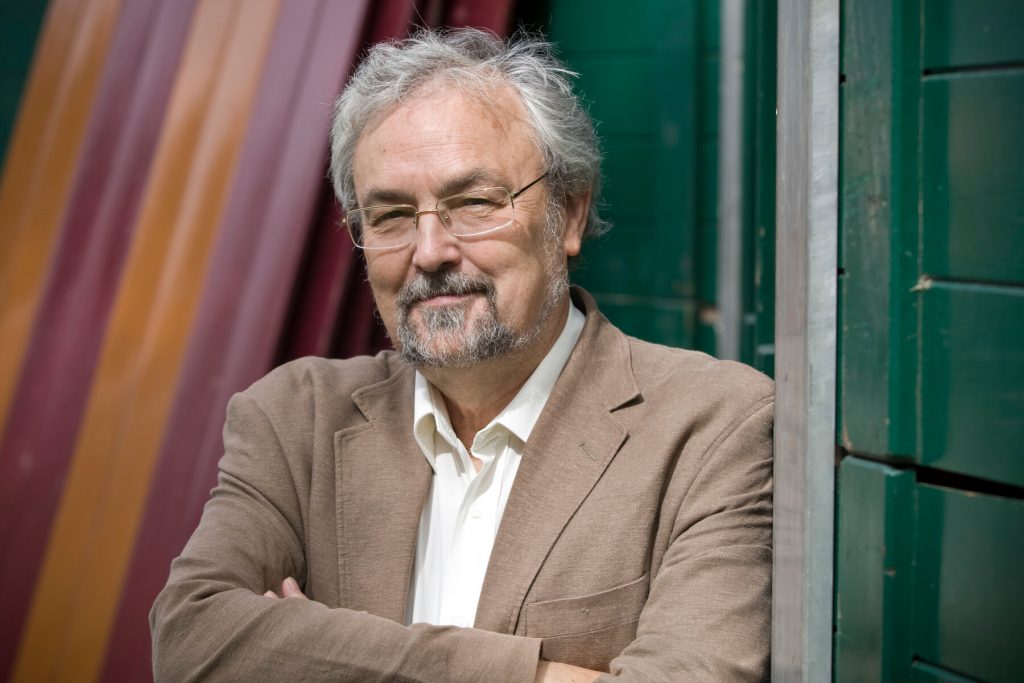
Robin Dunbar is Professor of Evolutionary Psychology at the University of Oxford and his research is concerned with trying to understand the behavioural, cognitive and neuroendocrinological mechanisms that underpin social bonding in primates (in general) and humans (in particular). He formulated the Dunbar’s number, a measurement of the “cognitive limit to the number of individuals with whom any one person can maintain stable relationships”.
Last time we were focusing on individualism and collectivism, the green pass, and the importance to reconsider the size and organization of our communities. We did not mention the organization of medical services. Do you have any thoughts on that?
I think this has been one of the big problems. Once your local doctor was your family doctor, meanings that he or she remembered your parents, your grandparents, knew all about your circumstances, the history in your family and because of that you had considerable respect for the doctors in a community. Now GP practises have become too big. You don’t have one personal doctor now. You have a specific setting where to go but you might encounter a different person each time. This way, every time you go it’s a different doctor and they end up having to look at your records on the computer screen because they don’t know you.
In addition to this depersonalisation of the medical visit, it is needed to say that since COVID when they’ve been doing mostly telephone consultations the trust in the GPs has gone right down because it looks as though they’re hiding, that they don’t want to get near people. It seems that they would rather you go to the hospital and let them get infected than you go to their surgery.
Speaking of trust in doctor, medicine, and vaccination, I have an example from Italy. Sicily is quite a place where trust is very difficult to get. People are very sceptical and doubtful and the people. There was a huge problem because many people didn’t want to get vaccinated and so the GPs started door by door, village by village, trying to persuade the people. What do you think of a similar approach?
That’s brilliant! It’s exactly what you should do and it’s what’s not happening here in the UK. The GPs won’t come out of their hidey hole to cope, meet people face to face. If you go to the surgery, you get shouted at to go home and fill in a form on the Internet, and as an answer to that they usually tell you just go to the hospital. Everybody is complaining about this, even the newspapers are complaining about it now.
The real issue here is the balance between the cost to you and the cost of everybody else: what social life is about is the balance in those two. If you live in a small community, or somebody comes to knock on your door to say you really should do this, and I’m the local GP, then you’re much more likely to say okay. You are more willing to take the risk for the benefit of the wider community.
There was, however, one example in the UK similar to the Sicily case. For cultural reasons some South Asian communities were very reluctant to be vaccinated because they can be still very traditional. In the end groups of health workers from the same cultural background went round and knocked on doors, like in Sicily, and said it would be a very good idea to have this injection. And again, it worked.
